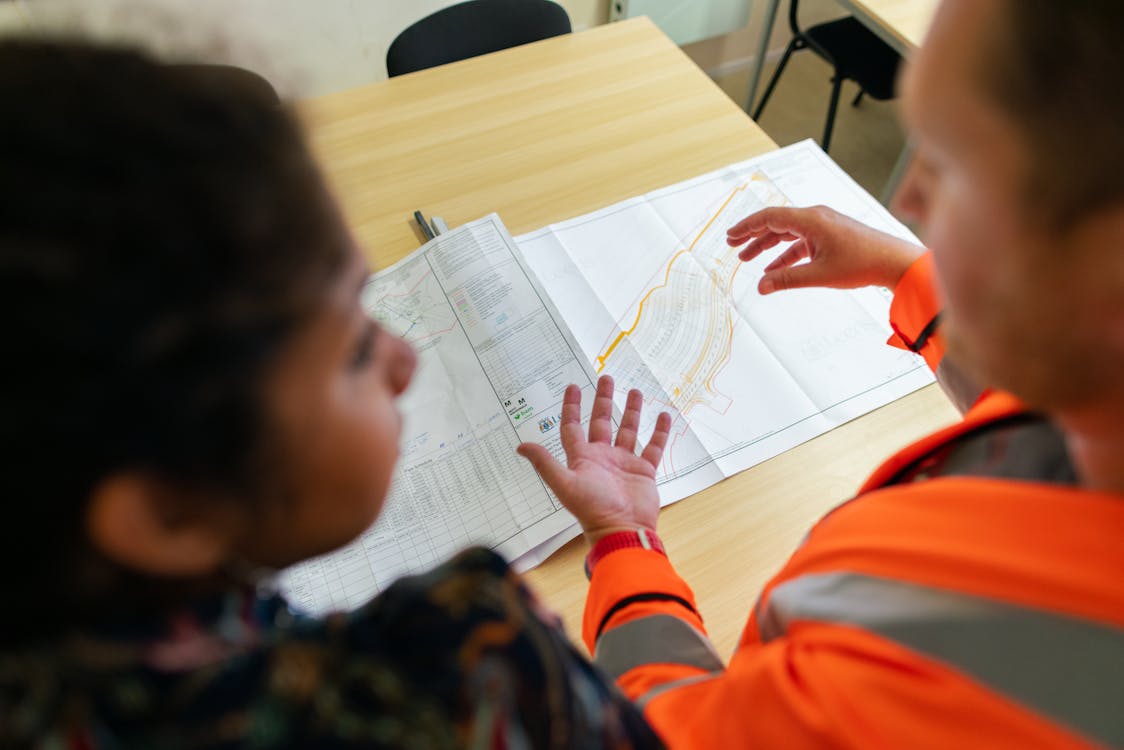What is a Military Contractor?
A military contractor, often referred to as a defense contractor, is an integral component of the modern military landscape, offering a diverse range of goods, services, and expertise to military organizations. When considering what does a military contractor do, it’s essential to recognize their multifaceted role in supporting and enhancing military operations.
These contractors, whether private companies or individuals, specialize in providing vital support across various sectors critical to military functionality. From logistics and technology to security, construction, and training, military contractors bring specialized skills and resources to bear in bolstering the capabilities of armed forces.
In the realm of logistics, military contractors excel in the efficient movement of equipment, supplies, and personnel to different locations, ensuring that resources reach their destinations in a timely manner. Their expertise in logistics management facilitates the smooth functioning of military operations, even in the most challenging environments.

ThisIsEngineering
Roles and Responsibilities of Military Contractors
Logistics Support:
One of the primary functions of military contractors is to provide logistics support to armed forces. This includes transporting equipment, supplies, and personnel to different locations, often in challenging environments.
Technology Development and Maintenance:
Military contractors are involved in the development, maintenance, and enhancement of technology used by the military. This includes advanced weaponry, communication systems, surveillance equipment, and cyber defense solutions.
Security Services:
Many military contractors offer security services, including physical security, threat assessment, and risk management. They may safeguard military installations, convoys, or personnel in high-risk areas.
Construction and Infrastructure Development:
In conflict zones or areas requiring military presence, contractors are tasked with constructing facilities, roads, bridges, and other infrastructure essential for military operations.
Training and Consulting:
Military contractors often provide specialized training to military personnel, covering various aspects such as tactical skills, intelligence gathering, and medical procedures. They also offer consulting services to optimize military strategies and operations.
Maintenance and Repair:
From aircraft and vehicles to weapons systems and electronic devices, contractors play a crucial role in the maintenance and repair of military equipment to ensure operational readiness.
Support Services:
Military contractors offer a wide range of support services, including catering, janitorial services, healthcare, and administrative support, allowing military personnel to focus on their core duties.
Humanitarian Assistance and Disaster Relief:
In addition to supporting military operations, contractors may participate in humanitarian assistance and disaster relief efforts, providing aid, logistics support, and expertise during crises.

ThisIsEngineering
The Importance of Military Contractors
The significance of military contractors lies in their ability to augment the capabilities of armed forces, providing invaluable support that enhances mission success. When considering what does a military contractor do, it becomes evident that their contributions are multifaceted and indispensable. Here are several key points highlighting the importance of military contractors:
Supplementing Military Capabilities:
Military contractors bring specialized skills, resources, and efficiency to the table, complementing the existing capabilities of armed forces. Their diverse expertise spans various sectors, including logistics, technology, security, and training, allowing them to fulfill essential roles that bolster military operations.
Enhancing Mission Success:
By offering their expertise and support, military contractors play a vital role in ensuring the success of military missions. Whether through logistical support, technological advancements, or security provision, their contributions contribute significantly to achieving mission objectives efficiently and effectively.
Facilitating Adaptation to Dynamic Environments:
Military contractors possess the flexibility and adaptability required to thrive in dynamic and challenging environments. Their ability to navigate complex operational landscapes enables military organizations to respond swiftly to changing circumstances, ensuring readiness and resilience in the face of evolving threats.
Enabling Focus on Strategic Objectives:
By shouldering various responsibilities and tasks, military contractors allow armed forces to concentrate on their strategic objectives without being burdened by logistical or operational challenges. This focus ensures that military resources are allocated efficiently, maximizing their impact on achieving overarching goals.
Providing Specialized Expertise:
Military contractors offer specialized expertise in niche areas that may not be readily available within military organizations. Whether it’s advanced technology development, specialized training, or complex logistical operations, these contractors bring a depth of knowledge and experience that enhances the overall capabilities of armed forces.
Promoting Cost-Effectiveness:
Through outsourcing certain functions to military contractors, armed forces can achieve cost savings and operational efficiencies. By leveraging the expertise of contractors, military organizations can avoid the need for extensive in-house investments and infrastructure, optimizing resource allocation and budget management.
The role of a military contractor is diverse and indispensable, encompassing a wide range of functions critical to modern warfare and security operations. As technology evolves and global challenges persist, the partnership between military entities and contractors will continue to play a vital role in safeguarding national interests and promoting stability worldwide.
